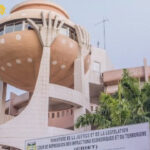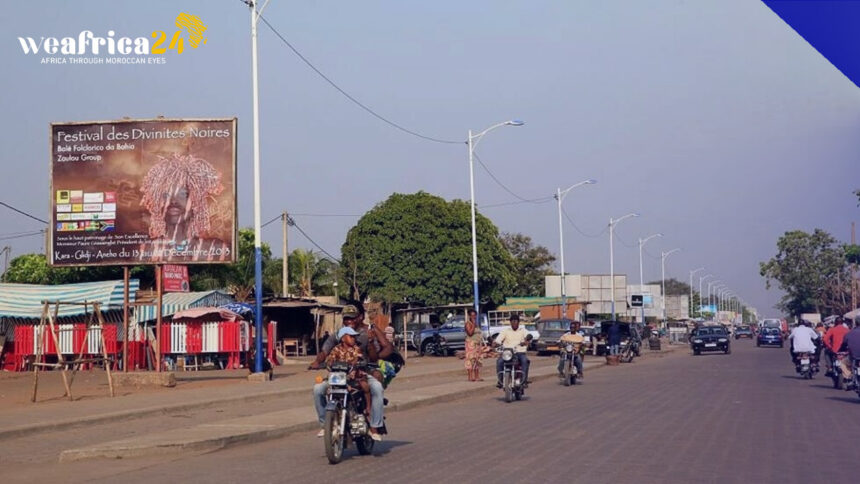Less than 48 hours after the new Constitution was ratified, gendarmes stopped a news conference Wednesday morning that was arranged by opposition parties and civil society organizations.
Opponents of this reform are finding it challenging to get their opinions heard. Togolese gendarmes broke up a first press conference on Wednesday morning that was called by some thirty opposition parties and civil society organizations to protest the Constitution that was passed on Monday night and into Tuesday.
The press conference was being overseen by Party of Togolese head Nathaniel Olympio when the police intervened. “We saw a unit of the gendarmerie, about thirty of them, enter the headquarters in the presence of all the journalists, and they ordered us to leave the room because we did not have permission to hold a press conference.” He said, “the Lomé regime has crossed a red line by depriving the Togolese people of the ability to choose their president.”
In the afternoon, as the protesters attempted to gather in a hall, the owner of the premises was ordered not to allow the press conference on his premises. They were finally able to convene at the headquarters of the National Alliance for Change to demand that the head of state postpone the promulgation of this new Constitution.
“Whether the head of state promulgates it or not, we are in a battle,” insists Me Paul Dodzi Apévon, president of the Democratic Forces for the Republic. “They have done such abominable things in this country that ultimately they believed they had no limits. That’s why we are all called upon.”
Meanwhile, the text voted on in the Assembly is still not available, and there is much speculation surrounding this constitution. The anti-reformists are unanimous: the opportunity and the procedure are unacceptable.
The proposed reform in Togo is yet to have an effective date. It suggests that the next head of state will be elected by Parliament and hold the position for a single six-year term. However, the real power will be in the hands of the President of the Council of Ministers, who will be chosen from the party that wins the legislative elections. The Togolese opposition is concerned that this could be a way for Faure Gnassingbé to hold on to power indefinitely.







